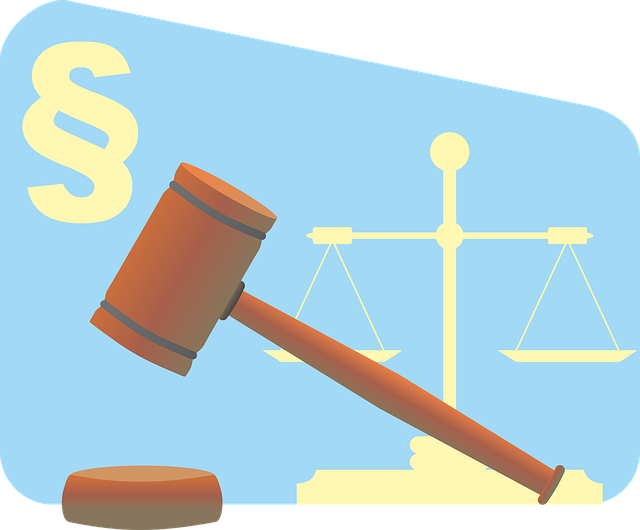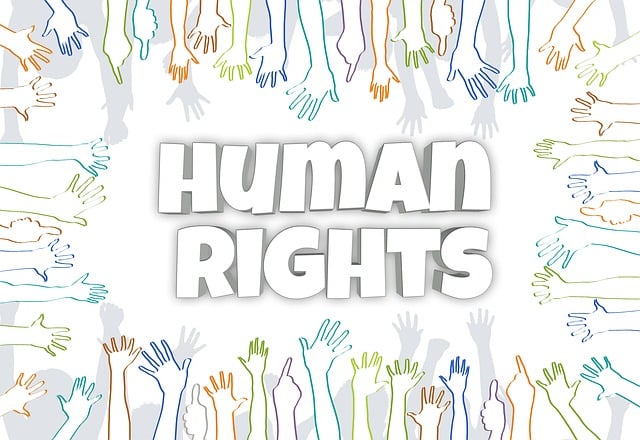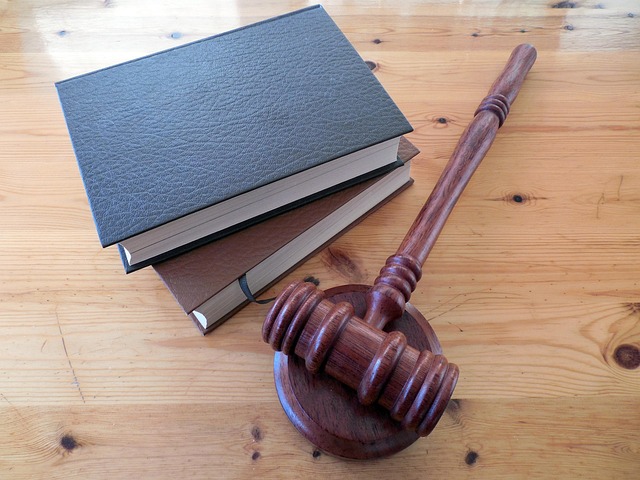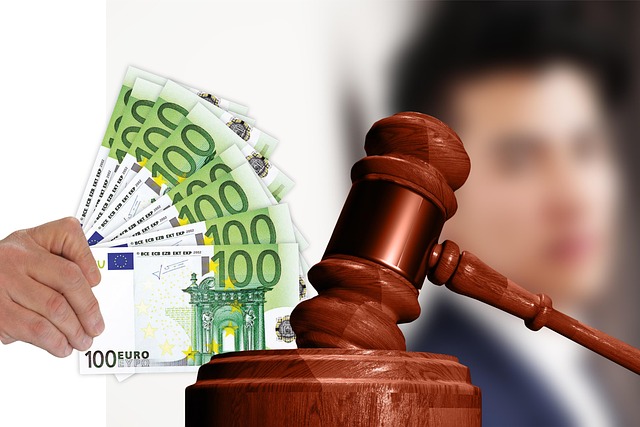The Consumer Fraud Class Action Lawsuit Process tackles widespread business misconduct by consolidating individual victims' claims. This strategic approach facilitates collective justice, exposing fraudulent practices and compensating affected parties. The journey begins with consumers filing a complaint, followed by legal teams building arguments and gathering evidence. Key strategies include efficient case management, early class member identification, and meticulous documentation of corporate policies. Notable cases like In re Volkswagen "Diesel" Emissions Litigation demonstrate the process's impact on corporate conduct and policy changes, providing substantial financial remedies while deterring future fraud.
“Unraveling the complexities of criminal law, this article delves into the intriguing world of consumer fraud cases. We explore the insidious practices of fraudulent schemes targeting everyday consumers, with a focus on the powerful tool of class action lawsuits. From understanding the defining characteristics and common tactics to navigating the legal process, this comprehensive guide offers insights for plaintiff’s attorneys.
Learn about the benefits and far-reaching impact of these suits, dissect notable cases, and discover key strategies. Get ready to unravel consumer fraud, one step at a time, through this informative exploration of the Consumer Fraud Class Action Lawsuit Process.”
- Understanding Consumer Fraud: Definition and Common Schemes
- Why Class Action Suits for Consumer Fraud? Benefits and Impact
- The Process: From Filing to Resolution – Step-by-Step Guide
- Key Legal Considerations and Strategies for Plaintiff's Attorneys
- Notable Consumer Fraud Cases: Lessons Learned and Future Implications
Understanding Consumer Fraud: Definition and Common Schemes
Consumer Fraud is a broad term encompassing various deceptive practices aimed at gaining an unfair advantage over consumers. It involves the use of misleading information or tactics to convince individuals to make purchases or invest in products or services they would not otherwise consider. The impact can be significant, leading to financial loss and erosion of trust for those affected. This issue has become a focal point, especially with the rise of online transactions and complex business operations.
Understanding common consumer fraud schemes is essential for both consumers and legal professionals. Schemes often include false advertising, where businesses exaggerate or distort product features; identity theft, involving the unauthorized use of personal information; and pyramid schemes promising high returns with minimal effort. When these deceptions are on a large scale, they can prompt individuals to initiate a Consumer Fraud Class Action Lawsuit Process, seeking collective redress for their respective business interests and financial losses. A robust general criminal defense strategy is crucial in addressing such cases, aiming to achieve extraordinary results while upholding the integrity of fair trade practices.
Why Class Action Suits for Consumer Fraud? Benefits and Impact
Class Action Suits for Consumer Fraud are powerful tools designed to protect individuals from widespread unethical business practices. These lawsuits aggregate claims from numerous victims, allowing for a collective effort to seek justice and compensation. By consolidating cases, the process becomes more efficient, focusing legal resources on holding perpetrators accountable. This strategic approach amplifies the impact of individual experiences, transforming them into a unified front against consumer exploitation.
The benefits are multifaceted: it enables access to justice for many who might otherwise face significant barriers; facilitates the revelation of hidden truths through extensive discovery processes; and can result in substantial monetary awards or non-monetary remedies. Moreover, Consumer Fraud Class Action Lawsuits expedite the entire process, from the initial investigation and notice phase to subsequent jury trials, ensuring that victims receive a fair hearing. This collective action not only offers individual relief but also serves as a deterrent, discouraging similar fraudulent activities in the future.
The Process: From Filing to Resolution – Step-by-Step Guide
The journey through a criminal law case, particularly a Consumer Fraud Class Action Lawsuit Process, is a meticulous and structured one. It begins with the filing of a complaint by aggrieved consumers, who allege that a respective business has engaged in fraudulent practices. This initial step sets into motion a series of legal maneuvers designed to resolve the dispute.
Once filed, the case navigates through several key stages. Prosecutors or plaintiffs’ attorneys carefully build their argument, gathering evidence and witness testimonies to support their claim against the accused business, often a white-collar defense strategy. If the case reaches trial, a judge or jury will deliberate, ultimately deciding guilt or innocence. In many instances, however, these cases are resolved through settlement negotiations, avoiding indictment and leading to agreements that compensate affected consumers.
Key Legal Considerations and Strategies for Plaintiff's Attorneys
When navigating complex consumer fraud class action lawsuits, plaintiff’s attorneys face a myriad of legal considerations. A thorough understanding of the relevant laws and regulations is paramount, as these cases often involve intricate factual scenarios. Attorneys must carefully analyze state and federal statutes to identify violations, especially when dealing with white-collar and economic crimes. The corporate and individual clients involved in such lawsuits require strategic representation that balances aggressive advocacy with meticulous compliance.
Key strategies include thorough client intake processes to gather essential facts and documents, early identification of potential class members, and efficient case management. Attorneys should also focus on preserving evidence and documenting corporate policies to substantiate claims. A robust legal strategy involves understanding the nuances of the consumer fraud class action process, from filing the initial complaint to settlement negotiations or trial. This meticulous approach ensures that for his clients’ rights are protected throughout the legal journey.
Notable Consumer Fraud Cases: Lessons Learned and Future Implications
Notable Consumer Fraud Cases: Lessons Learned and Future Implications
High-stakes consumer fraud class action lawsuits have significantly shaped the legal landscape, impacting both corporate and individual clients. These cases not only bring substantial financial remedies for affected consumers but also serve as powerful deterrents, forcing businesses to reevaluate their practices. A notable example is In re Volkswagen “Diesel” Emissions Litigation, where a conspiracy to cheat emissions tests led to one of the largest settlement agreements in US history. This case underscored the importance of transparency and accountability in corporate conduct.
The implications extend beyond monetary compensation. These high-profile cases influence policy changes, foster greater regulatory oversight, and inspire philanthropic and political communities to advocate for stronger consumer protection measures. By scrutinizing past strategies and lessons learned, businesses can proactively mitigate risks, ensuring compliance with evolving legal standards. This proactive approach is essential in navigating the dynamic nature of consumer fraud litigation and fostering trust among corporate and individual clients alike.
In conclusion, understanding consumer fraud, its common schemes, and the benefits of class action lawsuits is paramount in navigating the complex landscape of criminal law cases. The step-by-step guide to the legal process provides a roadmap for plaintiff’s attorneys to advocate for their clients effectively. Notable consumer fraud cases serve as invaluable lessons, highlighting strategies that can shape future legal approaches and protect consumers on a larger scale. By delving into these aspects, we enhance our ability to resolve Consumer Fraud Class Action Lawsuits, ensuring justice is served promptly and comprehensively.






